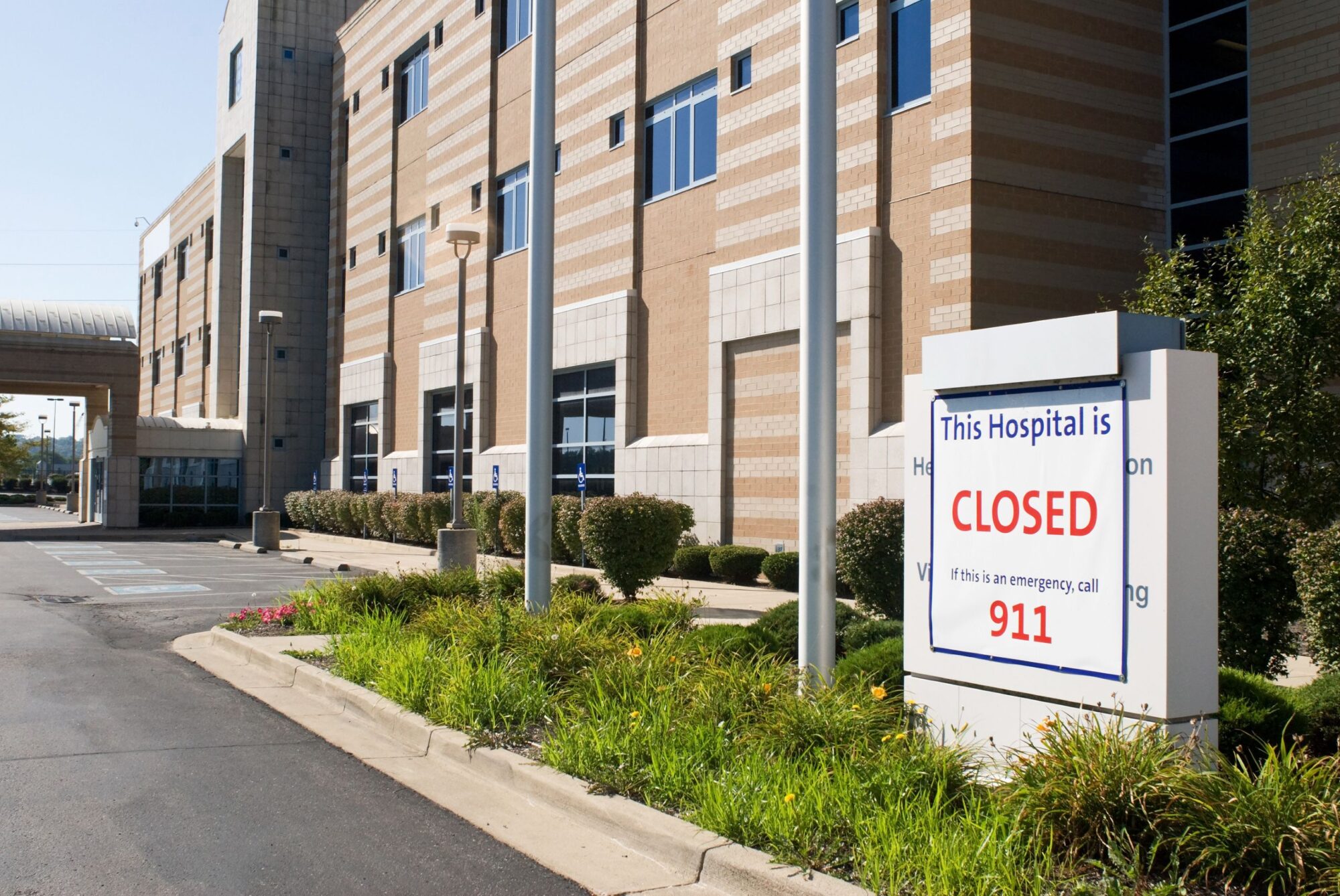You are closing your medical practice and looking for a solution to manage the records that ensures patient care and compliance. You realize that trying to do this yourself comes with risks, unknown costs, and a burden you don’t want to deal with for the next seven years or more, depending on your record types.
When choosing a records custodian, one of the most overlooked questions is whether or not the custodian charges patients for copies of their medical records

With the proposed 2021 change to the HIPAA laws, reducing the initial response time from 30 days to 15 days for patients seeking records to receive an initial response, charging patients for records will only continue to receive more scrutiny from the OCR. A private practice that charged only a few patients more than $6.50 would not likely receive a call from the OCR, but once a records management company is involved, the larger volume certainly attracts OCR attention. As OCR action on this topic continues, there is also ongoing litigation about what third parties such as law firms or insurance companies can be charged for copies of patient records, but this should not be confused with the core issue of charging patients. In addition to this federal standard, many states have even more stringent requirements, including several instances where the law prohibits patients from being charged at all for copies of records.
If patients are charged more for their medical records than the federal and/or state laws allow, the medical provider will be held liable for the penalties which result.

Aside from the legal jeopardy associated with charging patients for their records, even if the charges are within the paltry legal limits, does a retiring physician really want their legacy to be “nickel and diming” their patients after many years of being their trusted provider? How would that retiring physician feel about learning one of their patients experienced an adverse event as a result of not receiving their legacy records in a timely fashion? As many retired physicians who have made this mistake can attest, with the reach of social media and internet searches, angry patients will find and complain to retired physicians who make bad custodial records decisions – disrupting what should be a well-earned rest after years of serving as a successful physician.
Let us help make this an easier transition for you and your patients by taking on the responsibility of records management in a way that’s compliant and cost-effective. Learn more about how we’re able to help medical practices navigate retirement or closure here.
Resources:
https://www.physicianspractice.com/view/failure-provide-patient-records-can-result-hipaa-fine
Updated June 2022










